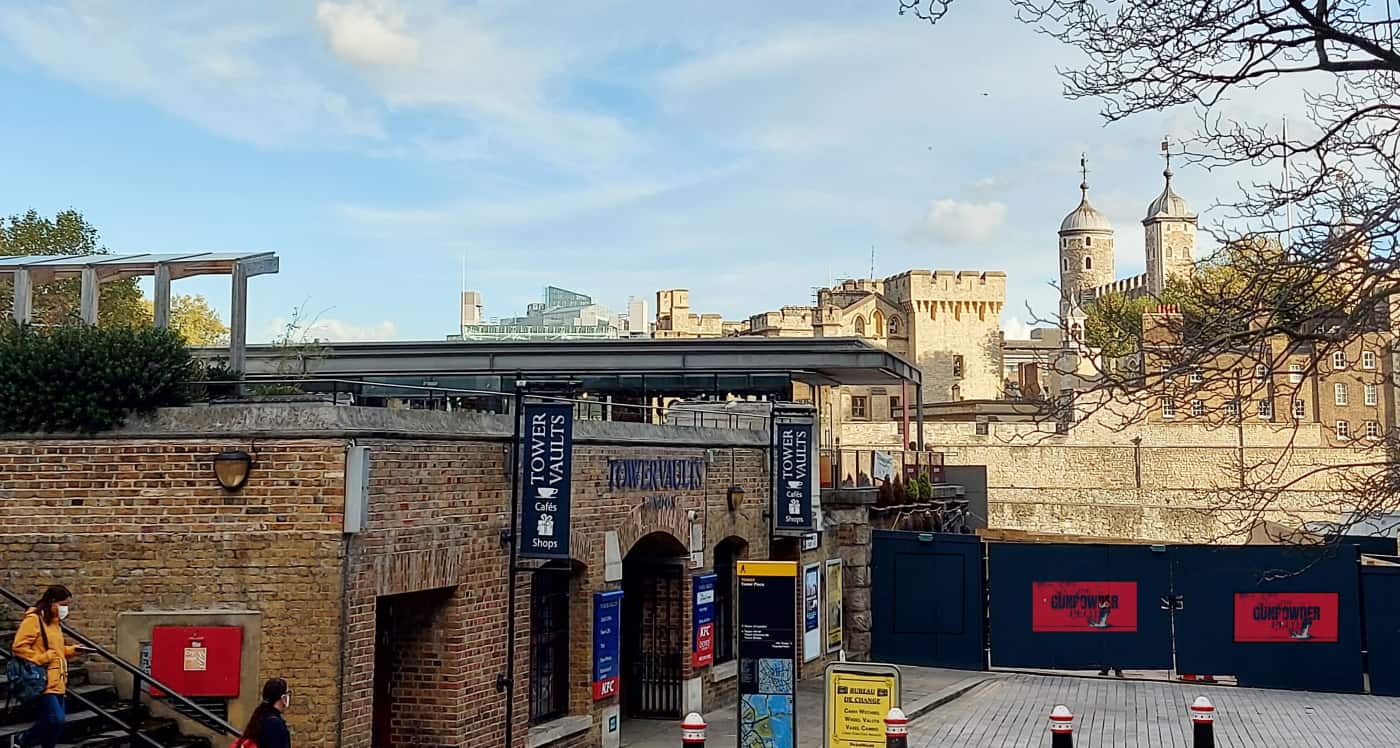Lasting Power of Attorney
Lasting Power of Attorney: why you need one and how to get one
This is such an important topic - take advice from your legal representative as everybody's circumstances differ, but at least be aware, and see our notes at foot of page .......
A Lasting Power of Attorney (LPA) is a legal document whereby a Donor (e.g. yourself) entrusts a personally selected Attorney or Attorneys to deal with certain personal matters once they themselves lack the capacity to do so.
According to Rob Martins at Cheesmans Accountants an LPA is essential if you want peace of mind. It enables your Attorneys to make decisions about your life and finances should you be unfit to do so yourself.
If you become incapacitated without an LPA in place, an application will have to be made on your behalf to the Court of Protection for someone to be appointed your deputy. This process can take months and is costly – and in the meantime there is no one looking after your affairs.
An LPA can quickly appoint a person of your choice to deal with your affairs on your behalf. This can protect you from such things as banks recalling loans and mortgages or foreclosing on property should payments be missed during the time an application to the Court of Protection is made.
In the LPA application, you can give guidance to your Attorneys so they will know exactly how you wish your affairs to be treated. It is a document that can protect you, your assets and your family - and therefore it should not be ignored.
There are two different types of LPAs which are:
- Health and Welfare (allowing decisions on treatment, care, medication, where you live etc.); and
- Property and Financial Affairs (allowing an Attorney to make decisions about paying bills, dealing with the Bank, collecting benefits, selling your house, etc.)
From a legal perspective, LPAs only cover people in England and Wales and therefore may not be enforceable in any other country (including Scotland and Northern Ireland).
Many people are of the opinion that they do not need to complete an LPA if they are young, or of sound mind, etc. however one cannot be certain of every eventuality and so, should the unexpected happen and you are incapacitated for any length of time, someone will need to be able to pay your bills and even make decisions in relation to your healthcare. Therefore, regardless of your age or your current state of health it is worth completing and registering an LPA in preparation for any eventuality.
You can find the relevant forms at www.justice.gov.uk . Once you have completed them they need to be submitted to the Office of the Public Guardian. Once submitted, they can be superseded at any time, prior to death, by registering new forms with the Office. An LPA can also be revoked by way of a Deed of Revocation which, once executed should also be sent to the Office of the Public Guardian for registration.
For each LPA at least two forms are required to be completed. For example Cheesmans has helped many clients prepare the necessary forms and provide detailed instructions for signature by the Donor, Attorney(s) and the Certificate Provider, where applicable, who confirms that the donor has the mental capacity to register an LPA. Following the signing of all appropriate forms we submit the documents to the Office of the Public Guardian on the Donor’s behalf and project manage the registration process in order to make the procedure as simple and hassle free as possible.
Cheeesmans: Rob Martins is Company Secretary Senior at Cheesmans Accountants. He deals specifically with wills, probate and Lasting Power of Attorney, plus all legal and compliance requirements of Limited Liability Partnerships. http://www.cheesman.co.uk/
Retirement Matters note: this info correct at time of publication on our website (April 2013), always check your circumstances with your legal adviser or refer to the company producing this article. Only our opinion, but we would NOT advise doing this yourself, take legal advice and discuss with your family

















